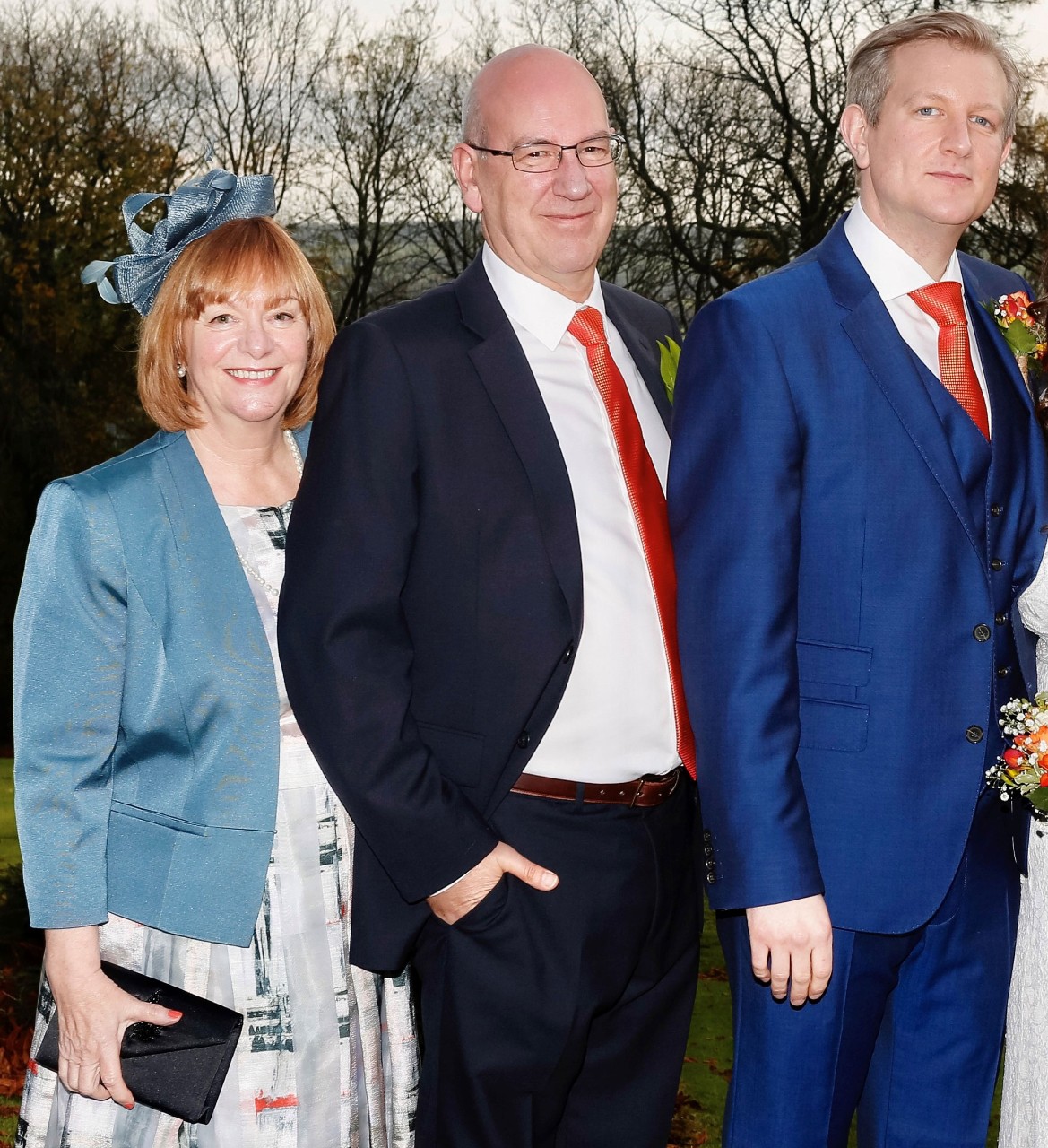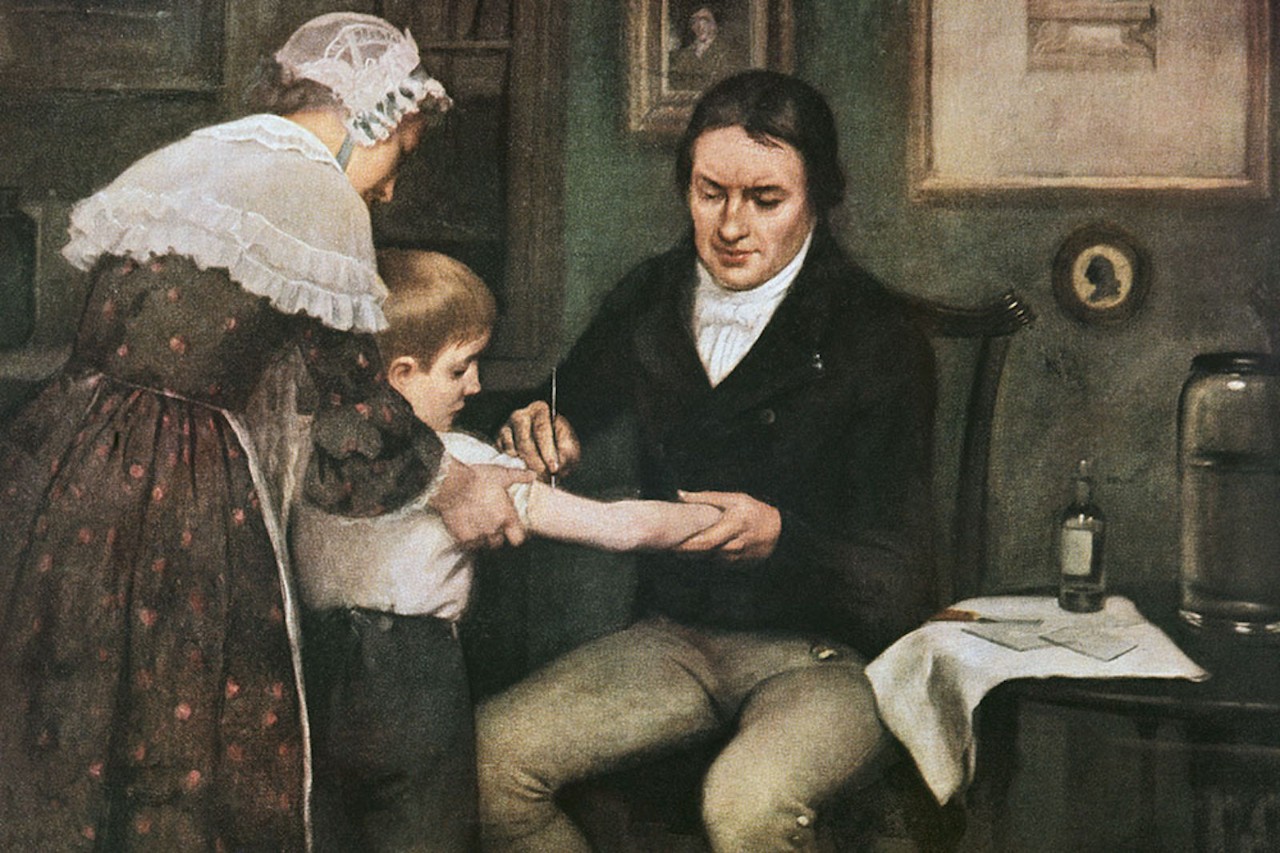
Three ACCA members across two generations of the same family, who have worked across different businesses and organisations for over 40 years, have seen the role of accountants change dramatically in that time.
Gaynor Willis FCCA was the first of the family to qualify, in 1978. She took on roles for the NHS, solicitors' offices and numerous sole traders. Her husband, Geoff Willis FCCA, qualified in 1980 and worked for a variety of manufacturing businesses. Then their son, Stephen Willis ACCA, followed in their footsteps, now with 20 years’ experience in finance roles, mainly in manufacturing like his father.
Stephen’s employer makes parts for automotive seating for many leading brands, but his experiences in the manufacturing sector are in sharp contrast to his father’s.
‘Going to buy padlocks for the factory gates during the pandemic was horrible’

‘I’d say that half of my role is about soft skills,’ says Stephen. ‘I’m not looking at spreadsheets all day. This is why I chose ACCA, because it gave me the broadest choice of options, allowing me to move into a manufacturing management team and work my way up.’
Pieces of the jigsaw
Things were very different during Geoff’s career. ‘When I started, an accountant was someone who just did the numbers,’ he says. ‘In the 1980s, people didn’t like “interference” from finance in their departments.
'But accountants know more than just the figures; they also know how all the different parts of an organisation integrate. They put it together like a jigsaw. So, quite rightly, the role has become much wider.’
Gaynor also sees stark contrasts from her early career compared to today. ‘In the 1970s, work was like a library; nobody ever spoke to each other. We sat in silence all day, just doing our own roles.’
This isn’t the only difference she highlights. Early in her career, she had a job offer from an accounting firm but instead chose a role with the NHS. ‘The career path was laid out in the NHS – it was clear what they were offering and what they could do for me – whereas at the firm I think it was a case of sitting quietly and hoping to be picked.’
Facing the challenges
With the enormous challenges the world has faced due to the pandemic, the need for a flexible, capable finance team has never been greater.
Stephen’s business was badly affected last year, with the plant shutting from mid-March to early June. The difficult decisions that had to be made show just how tough the finance role can be.
‘I had to lay off 70 agency workers, which was painful, and put 180 staff on furlough, he says. 'Going to buy padlocks for the factory gates was horrible.’ The finance department, though, was kept on: ‘Even with almost everyone laid off, we stayed busy throughout.’
However, in what is hopefully a microcosm of the wider economy, things have bounced back dramatically for Stephen’s business. ‘Q4 2020 was our busiest ever, as has been Q1 this year,’ he says. ‘We’ve had a record January, February and March.’
‘If I was coming home from a site with things on my mind, I’d always have someone to bounce ideas off’
Geoff had his own experiences of a serious downturn back in the 1990s. He was part-owner of a manufacturing businesses that faced real problems, but he feels that the current global crisis has been even more challenging.
‘The recession back then was bad enough but, with the financial pressure we were under then, I don’t know how we’d have survived a factory shut-down,' he recalls. 'Honestly, I’m glad to be out of it.’
Talking shop
Gaynor stresses the benefits of being part of a couple that works in the same profession. ‘It really does help that when, for example, there were massive amounts of overtime, we both understood that sometimes that’s just what you have to do,’ she says.
And there are advantages to having a profession in common with your parents, Stephen says. ‘If I was coming home from a site with things on my mind, I’d always have someone to bounce ideas off,' he says. 'Dad worked in manufacturing, while Mum would chip in and also act as adjudicator.’
‘Our three-year-old grandson is mathematical. You can see all the signs.’
Stephen feels his family’s common theme is numbers. ‘We’re all mathematically minded,’ he says. His wife is chief statistician and data scientist at Companies House, while his brother works as a financial analyst in the City.
Perhaps the next generation of the Willis’s will also like numbers? Gaynor certainly thinks so. ‘Our three-year-old grandson is mathematical,' she says. 'You can see all the signs.’
It might seem that a family business could have been a good option for the numerate Willis’s. However, Geoff is emphatic on this point. ‘No, definitely not!’
Stephen agrees. ‘Living with one’s parents is one thing, but it’s quite another working with them, too. There’d be no escape.’ Gaynor thinks she knows the real reason: ‘I would have been up for it, but they thought I’d rule the roost.’
Role of ACCA
One thing the Willis's do agree on is the value of their qualification. ‘I love undertaking and then completing tasks,’ explains Gaynor. ‘Accountancy allows you to do that.
'I enjoyed learning each subject for my ACCA Qualification. It kept me inspired and led me to achieve the goals in my career.’
Geoff, meanwhile, appreciates the broad nature of his qualification. ‘ACCA is a great base for lots of careers,' he says. 'Even if you don’t want to stick with pure accounting, having an ACCA background is a tremendous advantage because you understand how a business should work and must work.’
Stephen enjoys the fact he’s involved in the key decisions of his organisation. ‘All our departments – design, engineering, quality, sales, even HR – all feed into finance; it is the one true source of information,' he says.
'That’s why every company needs an ACCA accountant.’




